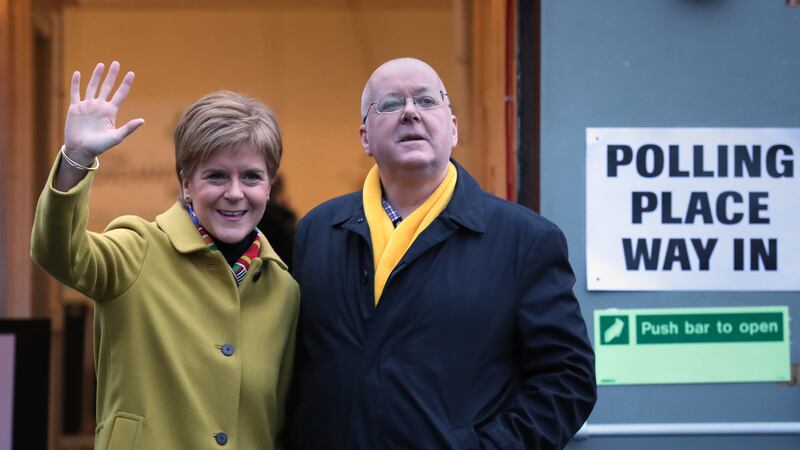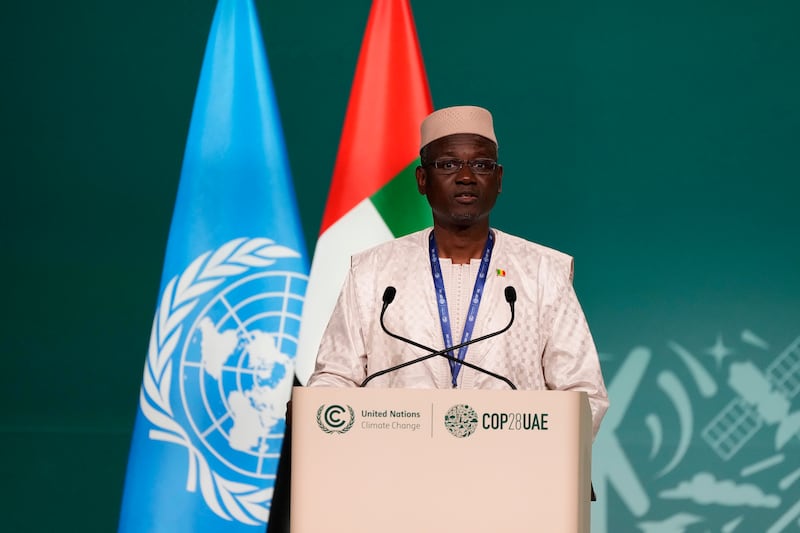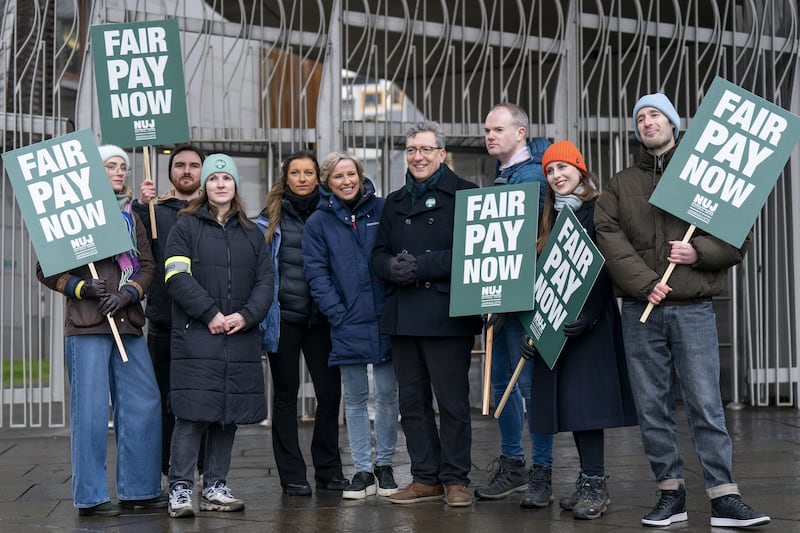Technology giants such as Facebook and Google could be regulated in the same way as broadcasters, according to media regulator Ofcom.
It has published a document designed to examine how to tackle harmful online content using lessons from regulating other media industries, and how these could be applied to technology and social media firms.
Ofcom chief executive Sharon White is expected to use a speech to the Royal Television Society conference in London on Tuesday to outline a potential system of regulation for such firms, which would include the ability to issue substantial fines if standards were not met.
New research from the regulator and the Information Commissioner’s Office found that 79% of UK adult internet users have concerns about aspects of going online, while 45% said they had experienced some form of online harm.

Ofcom said that while the ultimate decision on whether or not to introduce regulation on tech firms lay with Government and Parliament, its current regulation work could help inform debate on the issue.
“Today’s document suggests that certain principles from broadcasting regulation could be relevant as policymakers consider issues around online protection,” the regulator said.
“These include protection and assurance; upholding freedom of expression; adaptability over time; transparency; effective enforcement; and independent regulation.
“While the regulation of online content has evolved in recent years, there are significant disparities in whether and how it is regulated.
“The boundaries between broadcasting and the online world are being redrawn. This has implications for the public’s understanding of what protections apply online, versus traditional media.”
Incidents such as the Cambridge Analytica data scandal have increased discussion around the regulation of social networks and the content they produce and how that content impacts upon the health of society and public debate.
In its report, Ofcom said any potential regulation should provide protection and assurance to the public but uphold freedom of expression and allow the public to share and receive ideas without unnecessary interference.
The regulator added that clear and strict penalties needed to be in place to enforce the regulations properly, including “meaningful financial penalties”, similar to those now available to regulators under the new General Data Protection Legislation (GDPR), which enables fines of up to 4% of a company’s global turnover or 20 million euro (£17 million), whichever is greater.








